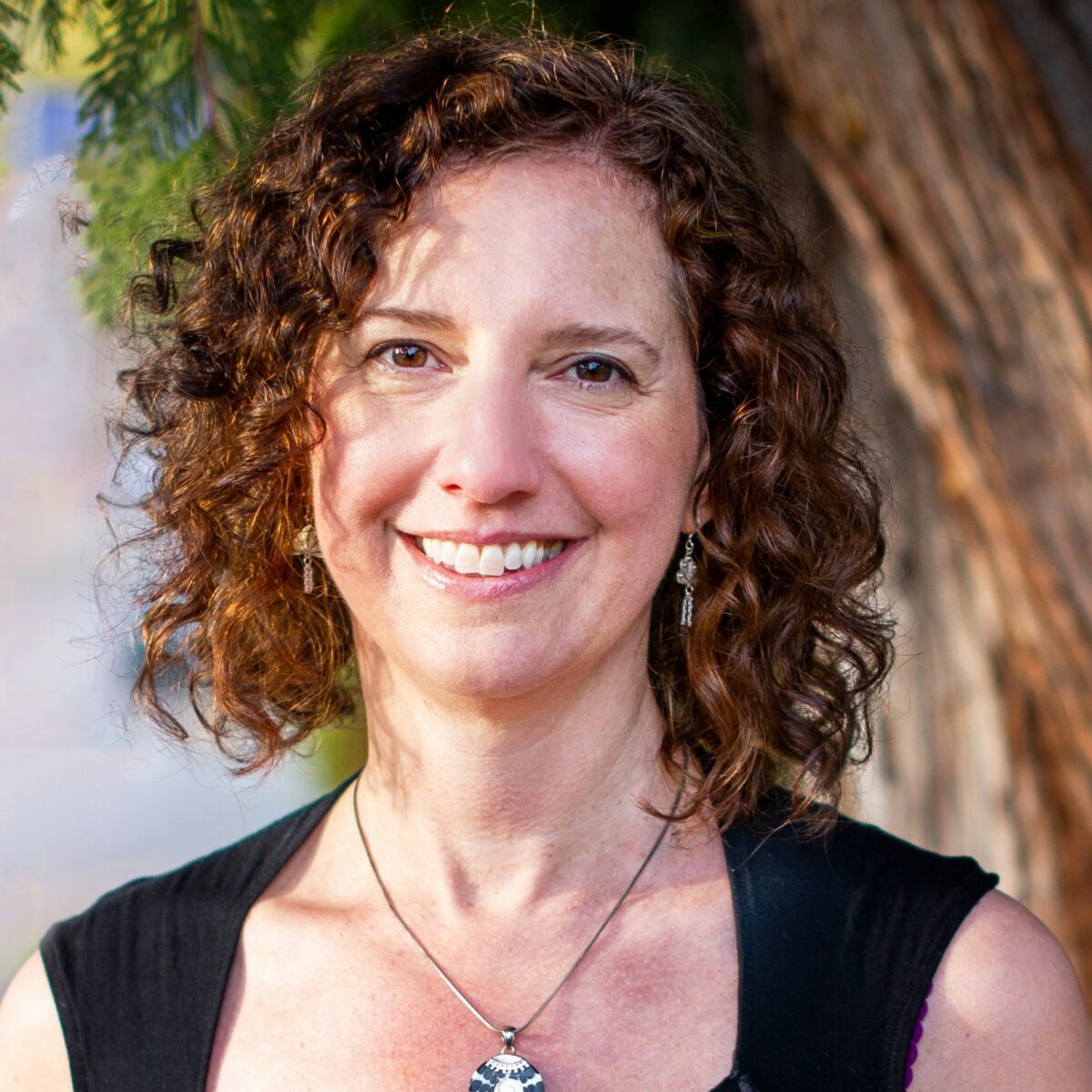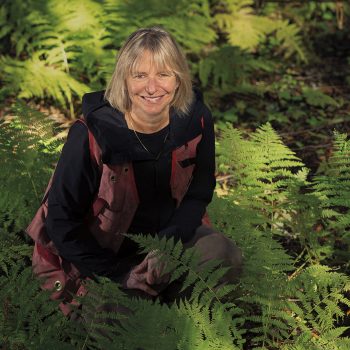Today news of “natural” disasters is nearly constant, documenting epic floods, fires, droughts, and storms. In fact, human activities play a large role in making these events much worse, and not just because of climate change. Our development—urban sprawl, industrial agriculture and forestry, the engineered way we try to control water, etc.—has significantly altered the water cycle, with knock-on effects throughout the ecosystems that sustain life. Join four deeply knowledgeable writers, researchers, and policy strategists to explore how to integrate systems theory, respect for nature’s right to exist, and the restoration and protection of the ecosystems that support us into the dominant culture. With: Erica Gies, science journalist and author of Water Always Wins; Suzanne Simard, renowned biologist and bestselling author of Finding the Mother Tree; Felicia Marcus, now the Landreth Visiting Fellow at Stanford University, previously the long-time chair of the California State Water Resources Board; and Laura Tam, Senior Program Officer at the Resources Legacy Foundation and co-author of the Adaptation Atlas published by the San Francisco Estuary Institute.
GET DIRECTIONS
March 30th | 3:00 pm to 4:15 pm
Panelists
Author & Journalist
Water Always Wins: Thriving in an Age of Drought and Deluge
Erica Gies is an independent journalist, National Geographic Explorer, and the author of Water Always Wins: Thriving in an age of drought and deluge, published in the U.S., U.K., and China. She covers water, climate change, plants and wildlife for Scientific American, The New York Times, bioGraphic, Nature, and other publications. The honors she has received include the Sierra Club’s Rachel Carson Award, Friends of the River’s California River Award, the Renewable Natural Resources Foundation’s Excellence in Journalism Award, and the Harvey Southam Lectureship at the University of Victoria.
Professor of Forest Ecology
University of British Columbia
Suzanne Simard, Professor of Forest Ecology at the University of British Columbia and author of the bestselling, Finding the Mother Tree, is a highly influential, researcher on the frontier of plant communication and intelligence, globally renowned for her work on how trees interact and communicate using below-ground fungal networks. Her work on forest resiliency, adaptability and recovery has far-reaching implications for how to manage and heal forests from human impacts, including climate change. Suzanne has published over 200 peer-reviewed articles, presented around the world and communicated her work to a wide audience through interviews, documentary films and online talks.
Landreth Visiting Fellow
Stanford University’s Water in the West Program
Felicia Marcus, a major figure in California water policy, is currently the Landreth Visiting Fellow at Stanford University’s Water in the West Program working on issues including nature-based solutions, protecting and restoring instream flows, water rights, and water justice. Felicia was formerly: Chair of the California State Water Resources Control Board; Regional Administrator of the U.S. EPA Region IX; head of the City of Los Angeles’ Department of Public Works; Western Director at NRDC; EVP/COO of the Trust for Public Land; and a public interest and private sector attorney.
Senior Program Officer
Resources Legacy Fund
Laura Tam, a Senior Program Officer at Resources Legacy Fund (RLF), leads public policy and funding strategies for wildfire, climate, and community resilience in California through philanthropy, advocacy, coalition-building, and communications. Laura, who has 20 years’ experience in environmental policy and climate resilience, currently sits on the statewide steering committee of Smart Growth California, and previously served in advisory committee/board roles for: the San Francisco Bay Restoration Authority; Resilient by Design; Friends of the Urban Forest; and the Bay Area Air Quality Management District. Prior to RLF, Laura was Sustainable Development Policy Director at the San Francisco Bay Area Planning and Urban Research Association (SPUR), a leading urban public policy think-tank.







